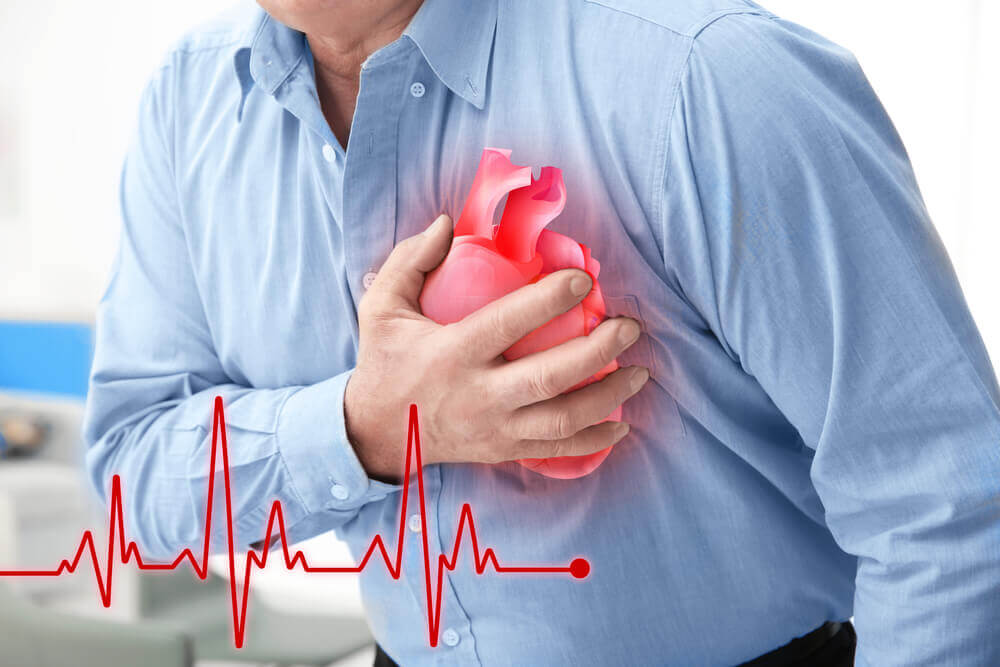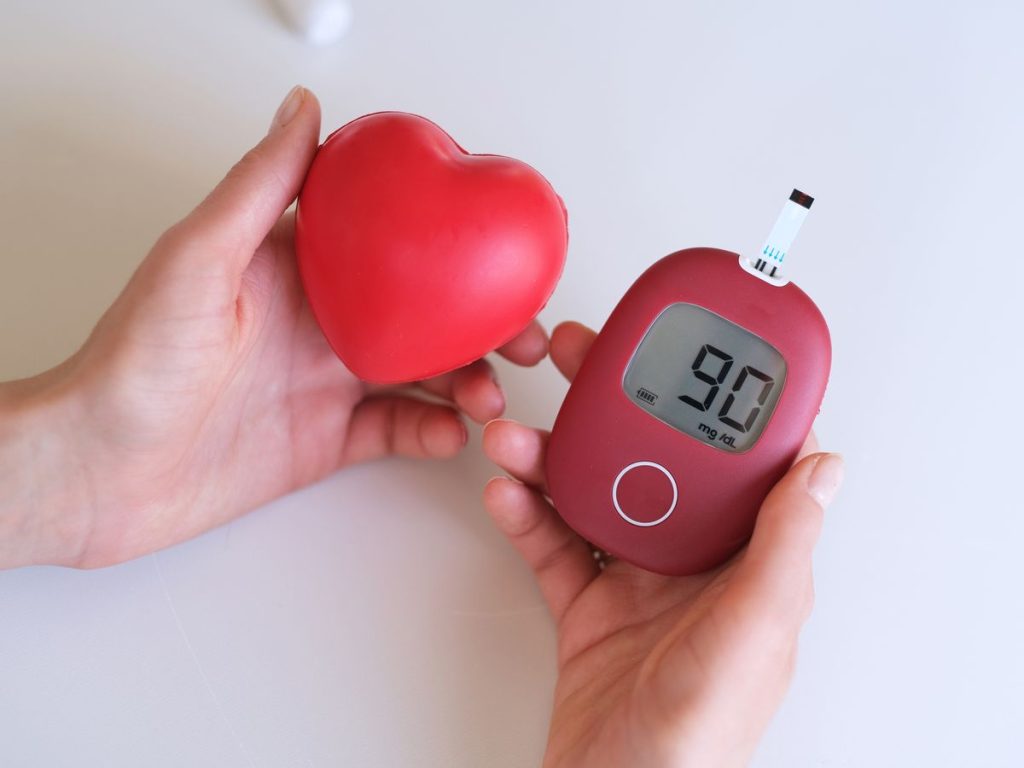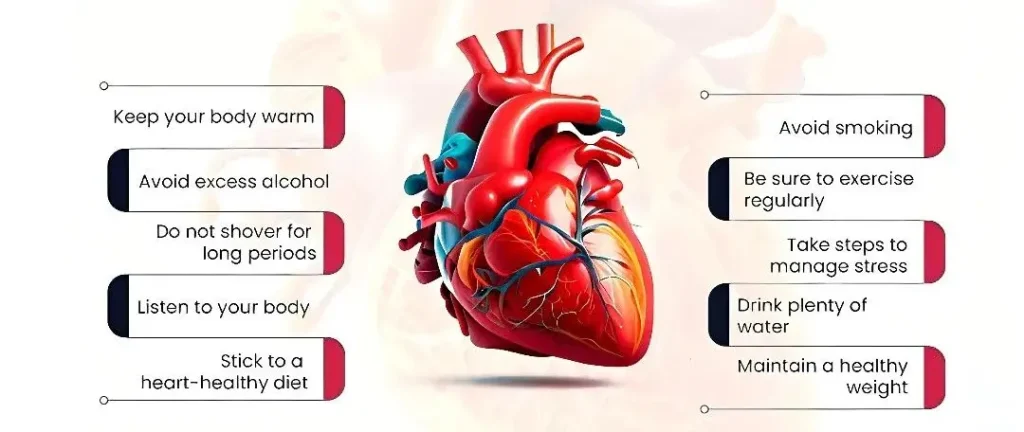
Heart attacks and strokes are critical medical emergencies that demand immediate attention. While both involve issues with blood flow, they affect different organs: heart attacks impact the heart, while strokes affect the brain. Recognizing the distinction is crucial for identifying symptoms early and taking prompt action to save lives. Oxford Hospitals provides insights into the differences between strokes and heart attacks, how to identify their symptoms, and what steps to take in these emergencies.
What Is a Heart Attack?
A heart attack occurs when blood flow to the heart is blocked. This blockage is typically caused by the buildup of fatty deposits (plaque) in the arteries. When these deposits rupture, they can form clots that obstruct blood flow, preventing oxygen and nutrients from reaching the heart muscle. Without blood supply, the heart muscle becomes damaged.
Common Symptoms of a Heart Attack
- Chest pain or tightness (angina)
- Pain radiating to other areas, such as the arms, neck, jaw, or back
- Shortness of breath
- Cold sweat
- Dizziness or light-headedness
- Nausea or vomiting
- Fatigue or extreme tiredness
- Heartburn or indigestion
- Rapid or irregular heartbeat
- Swelling in the legs, ankles, or feet
- Anxiety or a feeling of impending doom
- Difficulty sleeping
- Pale or bluish skin (cyanosis)
Who Is at Risk?
While heart attacks can affect anyone, certain factors significantly increase the risk. Being aware of these risks can empower you to take proactive steps for better heart health. Key risk factors include:
- High blood pressure
- Smoking
- High cholesterol
- Obesity
- Diabetes
- Family history of heart disease
- Chronic stress
- Lack of physical activity
What Is a Stroke?
A stroke happens when the brain’s blood supply is interrupted, depriving brain cells of oxygen. This can occur due to:
- A blockage in the blood vessels (ischemic stroke)
- A ruptured blood vessel in the brain (hemorrhagic stroke)
Without oxygen, brain cells begin to die within minutes, potentially causing issues with movement, speech, memory, or other vital functions. Recognizing the symptoms early is critical for preventing severe damage.
Common Symptoms of a Stroke
- Numbness or weakness in the face, arm, or leg (especially on one side of the body)
- Trouble speaking or understanding speech
- Blurry vision or vision loss in one or both eyes
- Dizziness or loss of balance and coordination
- Sudden, severe headache with no known cause
- Confusion or difficulty understanding
- Drooping face or facial asymmetry
- Difficulty swallowing
- Sudden numbness in specific areas of the body
- Unusual behavior or disorientation
- Loss of consciousness or fainting
The FAST Method
Use the FAST method to quickly identify stroke symptoms:
- Face: Does one side of the face droop when they smile?
- Arms: Can they lift both arms, or does one drift downward?
- Speech: Is their speech slurred, garbled, or unusual?
- Time: Time is critical—call for emergency help immediately.
Heart Stroke vs. Heart Attack: Key Differences
Although both conditions involve issues with blood flow, they affect different organs. A heart attack impacts the heart, while a stroke affects the brain. Here’s a simple comparison:
| Heart Attack | Stroke |
| Blockage in blood flow to the heart. | Blockage or bleeding in the brain. |
| Symptoms mostly involve chest pain. | Symptoms mostly affect movement, speech, or vision. |
| Can cause heart damage or failure. | Can cause brain damage or paralysis. |
Heart Stroke: Causes and Prevention
Heart attacks and strokes share many of the same risk factors, making their prevention strategies similar.
What Causes Them?
- Smoking: Damages blood vessels and reduces oxygen levels in the blood.
- High Blood Pressure: Puts extra strain on the heart and arteries, increasing the risk.
- High Cholesterol: Promotes plaque buildup in the arteries, leading to blockages.
- Obesity: Adds stress to the heart, raises blood pressure, and increases risk.
- Lack of Exercise: Leads to poor circulation, weight gain, and a weaker cardiovascular system.
- Stress: Elevates blood pressure and hormone levels, negatively impacting heart health.
- -Diabetes: Gradually damages blood vessels, increasing the risk of heart attacks and strokes.
Prevention Tips
- Quit smoking to improve blood vessel health.
- Maintain healthy blood pressure and cholesterol levels through diet, exercise, and medication if needed.
- Stay physically active to improve circulation and maintain a healthy weight.
- Manage stress through relaxation techniques, yoga, or counseling.
- Keep diabetes under control with proper medication and a balanced diet.
- Schedule regular check-ups with a cardiologist or heart specialist to detect and address potential issues early.
By addressing these risk factors and staying proactive, you can significantly reduce your chances of heart attacks and strokes.
How Oxford Hospitals in Jalandhar Can Help
If you or your loved ones are at risk, consulting a cardiology hospital or heart specialist in Jalandhar can make a significant difference. At Oxford Hospitals, experienced cardiologists offer services like ECGs, blood tests, and angiograms to assess your heart health. They also provide personalized treatment plans, including medication, lifestyle changes, or surgery, if necessary.
Understanding the difference between a heart attack and a stroke is crucial for saving lives. A heart attack typically involves chest pain and affects the heart, while a stroke impacts the brain, causing problems with speech, movement, or vision. Both conditions are medical emergencies that require immediate attention.
Recognizing symptoms and being aware of risk factors allows you to act quickly, reducing the likelihood of severe complications. To find the best care, you can search for a “cardiologist near me” or visit Oxford Hospitals for expert guidance and regular check-ups.
If you notice any symptoms, don’t wait for them to worsen—seek medical attention promptly to protect your health.
Can Anxiety Cause a Heart Attack or Stroke?
While anxiety does not directly cause a heart attack or stroke, it can elevate your heart rate and blood pressure. Prolonged high stress levels may damage blood vessels, increasing the risk of these conditions over time. Incorporating stress management techniques such as yoga, meditation, and regular exercise can help reduce these risks and improve overall heart health.
Which Is Worse: Heart Attack or Stroke?
It’s difficult to determine which is worse, as both are life-threatening and can have severe consequences.
- Strokes often result in long-term disabilities, such as difficulty speaking, walking, or performing daily activities.
- Heart attacks can permanently weaken the heart, leading to chronic heart conditions.
What truly matters is the speed of treatment—delayed care significantly increases the danger for both conditions. Quick medical intervention is critical to minimize damage and improve outcomes.


